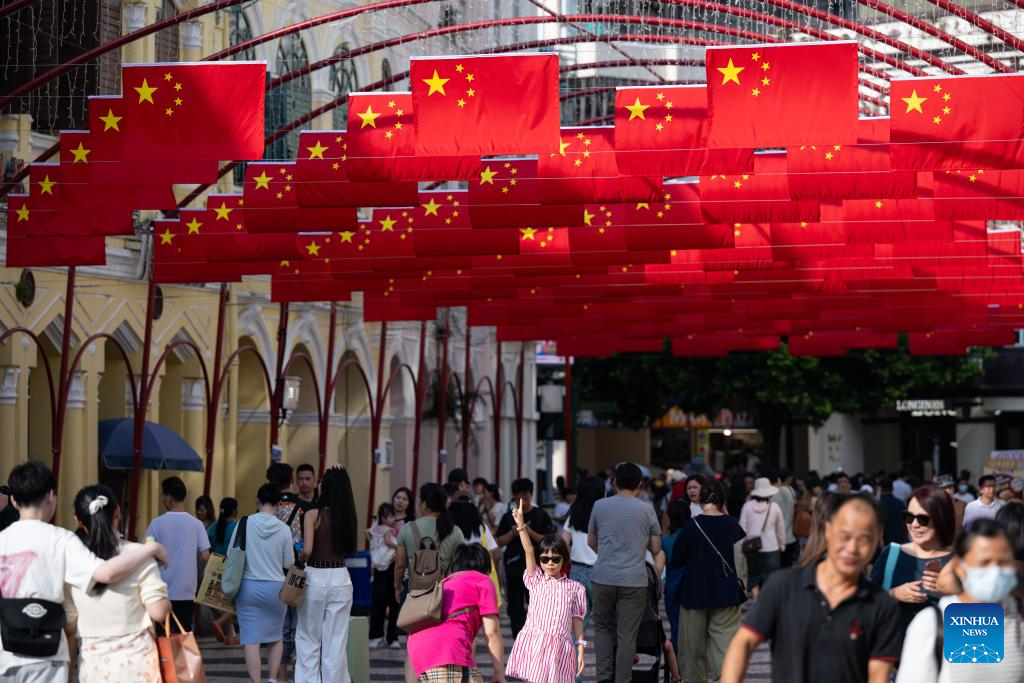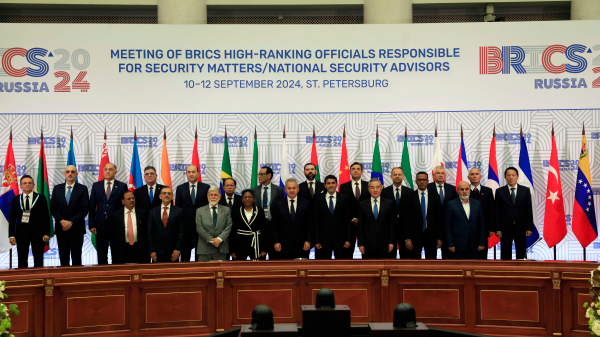TikTok’s chief executive Shou Zi Chew appeared Thursday March 23rd, 2023 at the US House Energy and Commerce Committee hearing, where lawmakers questioned him about China’s influence and data privacy while they expressed deep distrust.
During the more than five hours of testimony, Chew repeatedly denied accusations that the app shares data or has connections with the Chinese government.
“We’re headquartered in Los Angeles and Singapore, and we have 7,000 employees in the US today,” said Chew. “The bottom line is this: American data stored on American soil, by an American company, overseen by American personnel,” he said.
The lawmakers in both major political parties seemed convinced that the app poses national security risks, citing its parent company, Beijing-based ByteDance, and they seemed uninterested in Chew’s answers.
Following Representative Kat Cammack’s lengthy critique of TikTok’s content moderation and links to China, Chew asked the committee chair, Cathy McMorris Rodgers, if he could respond.
“No. We’re going to move on,” she said.
In a post-hearing statement, TikTok said, “Shou came prepared to answer questions from Congress … unfortunately, the day was dominated by political grandstanding that failed to acknowledge the real solutions already underway.”
TikTok has become extremely popular in the US, especially among young people. The platform has 150 million monthly active users in the country, including 5 million businesses that use TikTok to reach customers, according to the company.
It has come under increased scrutiny in the past few years over the “national security” concerns that US users’ data could be passed on to China.
The company survived a ban attempt by former president Donald Trump. The Trump administration first proposed banning the short-form video app in 2020, but that effort was stopped by the federal courts, which questioned the validity of the claims about national security risks.
During Thursday’s hearing, the lawmakers offered no evidence of TikTok harming US national security interests.
“I think a lot of risks that are pointed out are hypothetical and theoretical risks,” Chew said at the hearing. “I have not seen any evidence. I am eagerly awaiting discussions where we can talk about evidence and then we can address the concerns that are being raised.”
Like previous congressional hearings at which tech industry leaders testified, US lawmakers were criticized for a lack of understanding of the tech and social media industries at Thursday’s hearing.
McMorris Rodgers, a Republican from Washington state, repeatedly said TikTok collected every bit of data from a user’s phone.
Geoffrey Fowler, The Washington Post’s technology columnist, said that is not true.
“It (the app) does not collect your location, which is one of the most sensitive pieces of data. … whether it’s watching your eyes, it fits in the same realm like Facebook’s listening to you, kind of urban myths about technology,” he said.
To address the privacy concerns, TikTok said it has spent more than $1.5 billion on data security efforts under the name “Project Texas”, which currently has nearly 1,500 full-time employees and is contracted with Oracle Corp to store TikTok’s US user data.
“Please rename your project. Texas is not the appropriate name,” Representative August Pfluger from Texas told Chew at the hearing.
Outside of the hearing, TikTok gained support from several Congress members who called the proposed ban on TikTok GOP-led “hysteria” about the app’s ties to China.
In December, President Joe Biden signed a bill to ban the app on government devices. Recently, the administration has threatened to ban the app in the US, if its parent company won’t sell its stakes.
Representative Jamaal Bowman of New York joined two colleagues and dozens of TikTok content creators on Wednesday in front of the Capitol to oppose the ban.
“You can ban TikTok, but there are still data brokers who sell our data to other countries. … So let’s not have a dishonest conversation. Let’s not be racist towards China and express our xenophobia when it comes to TikTok because American companies have done tremendous harm to American people,” Bowman said at the protest.
“The problem here is the isolation of TikTok because they’re a Chinese company,” he continued. Behind him supporters held signs of “Keep TikTok”, “My teaching thrives on TikTok”, “My Art thrives on TikTok”.
“I’m very clear on how harmful Facebook, Instagram, Twitter and YouTube have been, just to name a few. I mean, President Donald Trump used Twitter to help facilitate an insurrection, an attack on the US Capitol by US citizens. So, while we’re worried about China harming our country, we are harming ourselves,” said Bowman.
“A ban takes away the connections we’ve built, silencing communities that continue to be underrepresented and not given a voice,” said Tiffany Yu, who was disabled and founded a disability advocacy organization.
“TikTok has really been a game-changer for me. It’s allowed me to reach new audiences. … I’m not alone. It’s become a vital platform for advocates across society and across the political spectrum to connect, share their stories and help change people’s lives,” she said.
Callie Goodwin, who runs a greeting card company, said 95 percent of her orders come from TikTok followers. “I’m so thankful that this app has given me the chance to grow my business and to seek this entrepreneurial journey that would not be possible without it,” she said.
A ban on TikTok would be “devastating” to her livelihood and other small businesses as well, she said.
“A ban would be an entirely un-American, undemocratic and inappropriate response to an unproven risk,” wrote Chris Stokel-Walker, author of TikTok Boom: China’s Dynamite App and the Superpower Race for Social Media, in a recent article for The Washington Post.
“Banning TikTok would be completely useless in combating a different, much better-evidenced social media pitfall — the spread of dangerous propaganda,” said Stokel-Walker.
“Banning one platform and ignoring the others would solve nothing, while allowing the deeper problems to fester,” he said. (Int’l news)


 Sports1 week ago
Sports1 week ago
 Tourism4 weeks ago
Tourism4 weeks ago
 Local2 weeks ago
Local2 weeks ago
 Sports3 weeks ago
Sports3 weeks ago
 Education2 weeks ago
Education2 weeks ago
 Local2 weeks ago
Local2 weeks ago
 Health3 weeks ago
Health3 weeks ago
 Local2 weeks ago
Local2 weeks ago



















